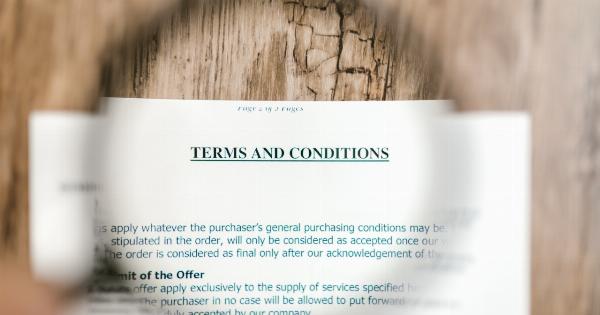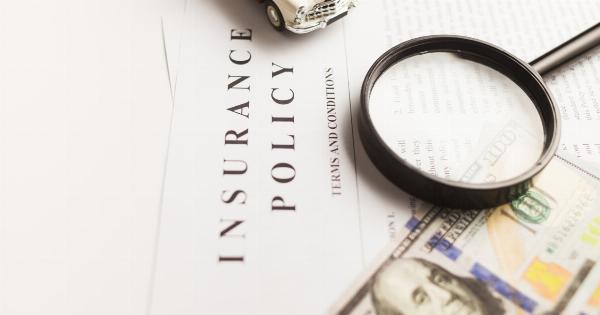Dealing with insurance settlements can be a daunting task for anyone involved in an accident or loss. However, it is important to remember that the primary goal of insurance companies is to provide financial protection and support during such incidents.
This guide aims to assist you in navigating the process of insurance settlements and ensuring a fair and friendly agreement.
Understanding the Insurance Settlement Process
Before delving into the specifics of friendly agreements, it is crucial to comprehend the various aspects of the insurance settlement process. Typically, the process involves several steps:.
1. Filing the Claim
The first step is to notify your insurance company about the incident, providing all necessary details and documentation. This initiates the claim process.
2. Investigation and Evaluation
Once the claim is submitted, the insurance company will conduct an investigation to assess the extent of the loss or damage. This may involve gathering evidence, consulting experts, and reviewing policy coverage.
3. Settlement Negotiation
The insurance company will propose a settlement amount based on their evaluation. This amount may not always align with your expectations, and negotiation may be required to reach a mutually agreeable figure.
4. Legal Options
If an acceptable settlement cannot be reached through negotiation, you may explore legal options such as filing a lawsuit or engaging in alternative dispute resolution methods like mediation or arbitration.
Tips for Achieving a Friendly Agreement
While negotiations can sometimes become contentious, approaching the process with a friendly and cooperative mindset can often lead to a quicker and more satisfactory resolution. Here are some tips to help you achieve a friendly agreement:.
1. Communicate Clearly
Keep an open line of communication with the insurance company, ensuring that all parties are fully aware of the details surrounding the incident and the settlement expectations.
2. Understand Policy Coverage
Familiarize yourself with the terms and conditions of your insurance policy to ensure you have a comprehensive understanding of your coverage and entitlements.
3. Provide Sufficient Evidence
Presenting clear and credible evidence to support your claim can significantly strengthen your position during negotiations. This may include photographs, videos, eyewitness accounts, or expert opinions.
4. Consult Professionals
If you feel overwhelmed or uncertain about the settlement process, do not hesitate to seek professional advice. Insurance brokers, lawyers, or public adjusters can provide valuable guidance and advocate for your best interests.
5. Be Realistic
It is important to approach the settlement negotiation with realistic expectations. Conducting research and consulting experts can help you gauge the approximate value of your claim and ensure you are pursuing a fair outcome.
6. Consider Mediation
If communication with the insurance company reaches an impasse, you may consider engaging in mediation. This process involves a neutral third party facilitating negotiations between you and the insurer to reach a mutually agreeable settlement.
7. Document Everything
Maintain a record of all communication, including emails, letters, and phone calls, with the insurance company. This documentation can be invaluable in case of any disputes or misunderstandings.
8. Review the Settlement Offer
Thoroughly review the proposed settlement offer, ensuring it covers all relevant losses and damages. If necessary, seek clarification or request adjustments to address any discrepancies.
9. Seek Legal Advice
If you are uncertain about the fairness of the settlement offer or feel your rights are not being considered, consult with a lawyer experienced in insurance claims. They can provide insights into your legal options and help you make informed decisions.
10. Maintain Professionalism
Throughout the settlement process, maintain a professional and courteous attitude. Remaining respectful and cooperative can help foster a more amicable relationship with the insurance company, increasing the likelihood of a friendly agreement.
Conclusion
Navigating the insurance settlement process can be challenging, but approaching it with a friendly mindset can lead to favorable outcomes for all parties involved.
By understanding the process, communicating effectively, and seeking professional advice when necessary, you can increase the likelihood of achieving a fair and satisfactory settlement.
























